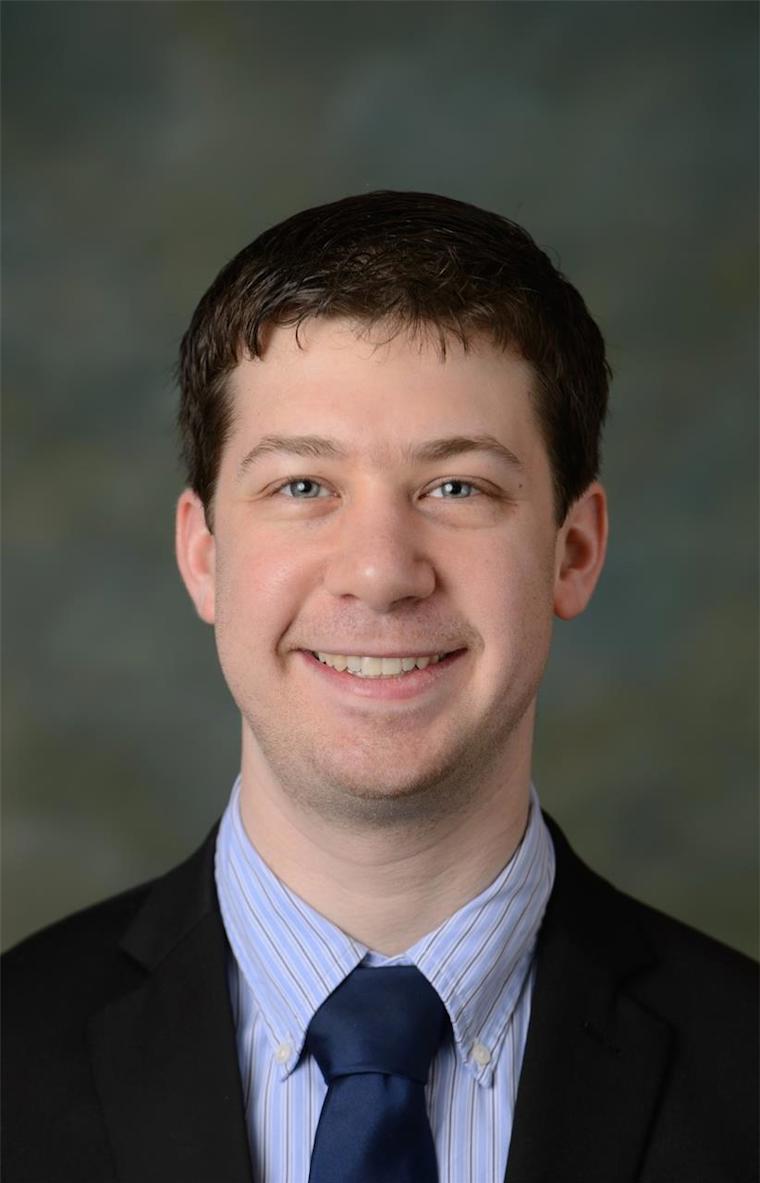This interview is one in a series of interviews with recipients of the 2020 ACGME Awards. The awardees join an outstanding group of previous honorees whose work and contributions to graduate medical education (GME) represent the best in the field. They will be honored at the upcoming ACGME Annual Educational Conference, taking place February 27-29 in San Diego, California.
David C. Leach Awardee Daniel Leifer, MD is a dermatology resident at the University of Washington and board-certified pediatrician.
ACGME: Why did you want to become a physician?
Leifer: I've always loved learning about science and the body, and I wanted to be in a profession that helped people. Then, in college, I became fascinated by bioethics and international security, and had an electrifying experience working on pandemic flu at the US Department of State. It became clear that as a physician I could pursue my many interests and apply them. Along the way, I've had fascinating opportunities, like rotating at the Centers for Disease Control and Prevention and completing a biosecurity fellowship at the Johns Hopkins Center for Health Security. I love that this career lets me work on health at the individual and societal levels.
ACGME: What, so far, has been the most rewarding part of your residency/fellowship?
Leifer: Of course, the best part is caring for patients and learning how to treat their skin. The residents and faculty members here are supportive and make dermatology stimulating. I'm especially grateful that my program wants to help us remain multifaceted. Here, I've completed the US Army's field training course on caring for casualties of chemical and biological weapons, joined the American Academy for Dermatology's Task Force on Drug Pricing and Transparency, and given grand rounds to both our dermatology and pediatrics departments.
ACGME: What has been the most challenging?
Leifer: I believe everyone should have access to affordable, high-quality medical care, whatever their background. It disappoints me whenever patients aren't able to receive that.
ACGME: What innovation/improvement did you implement in your program?
Leifer: My project is called DermLinks. It is an easy-to-access and easy-to-edit collaborative web page that curates links to relevant online resources. From DermLinks, one can access the weekly schedule, log work hours, read a dermatology textbook, access each clinic’s electronic health record (EHR), or even check the hospital cafeteria menu. The goal is to have an easy-to-navigate homepage that links to any online task or resource a resident might need. Since the document is collaborative and simple to edit, multiple people contribute links and help organize the page. There is a smartphone-friendly version, too. DermLinks has cost nothing to create and maintain.
ACGME: What does it mean to you to receive this award?
Leifer: It makes me glad that I could synthesize the random things I've learned, like computer programming and web design, into a successful product that helps our residency. Earning national recognition is icing on the cake.
ACGME: What advice would you give to other residents/fellows who are looking to either replicate your improvement or implement an original idea of their own in their own program?
Leifer: If residents want to replicate DermLinks for their program, I made a simple guide at http://tinyurl.com/replicatedermlinks. It is free and takes only minutes to set up.

